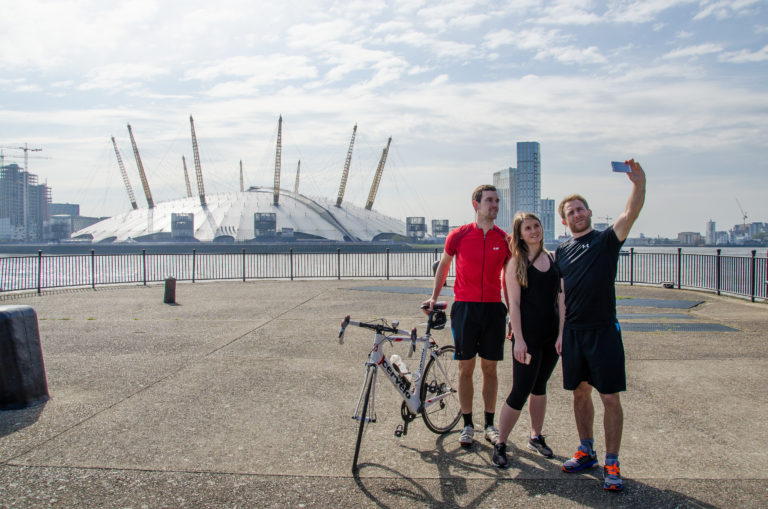Last week, London Sport announced the second cohort of start-ups and innovators joining Sport Tech Hub, the London Sport-backed SportTech, FitTech and HealthTech incubator working to combat inactivity through great innovation.
The incubator, which came about in the wake of our two national conferences on the future of Technology and Sport in 2016 (Participation: The Revolution will be Digital and Sport 2.0: The Digital Revolution Continues) now forms part of a burgeoning SportTech ecosystem, alongside complementary initiatives launched by ukactive (the later-stage focused ActiveLab) and Sport England/The Open Data Institute (OpenActive Accelerator).
Underpinning all of London Sport’s work in this space has been our Strategic Plan of Action for technology and sport, Making London the Heart of the SportTech World, in which we set out a framework by which tech and innovation could substantively change the future of physical activity and sport. In less than three years, an entire industry’s approach to technology has changed and evolved, and what once seemed a distant future now appears just over the horizon.
Now, with his draft Sport Strategy, the Mayor of London has made clear his own belief in the opportunities presented by technology for enhancing physical activity, sport and the impact of both on the lives of Londoners. Laid out in the third theme of the Sport Unites community sports investment programme, which sits at the heart of the Mayor’s draft Sport Strategy, is a commitment to the development of cutting-edge technology and the promotion of SportTech as an industry segment, all with an ambition to benefit and improve community sport.
What is clear – both to London Sport, and within the Mayor’s draft Sport Strategy – is that SportTech is not a silver bullet to enhancing participation and all the wider social and cultural benefits of participation in physical activity. Rather, it can be (and increasingly is) a net contributor to a range of positive outcomes associated with sport. From finding new and innovative ways to encourage people to begin participating to rewarding and retaining them once they’re involved, to enhancing connectivity between diverse groups of participants or simplifying the means by which isolated people can access the capital’s sporting infrastructure, the opportunity to harness technology’s reach and power becomes increasingly evident as we look further into the future of sporting participation.
With proposed interventions including the development of ‘reverse pitch’ events that bring sport industry stakeholders together to present challenges that technology could provide new solutions to, support for hackathons focused on using sport and technology to solve big social challenges, and structural support to nurture new products and developments with great potential, the support for SportTech proposed in the Mayor’s draft Sport Strategy heralds an exciting new era for SportTech innovation in London.
For London Sport, it is clear that SportTech represents an area of critical importance in the future of physical activity and sport. With the Mayor’s draft Sport Strategy, that future appears a little closer.
The time is now.
The Mayor of London’s draft Sport Strategy is open for consultation until 12 October, with organisations and individuals invited to submit responses through a variety of tools. More information is available at: https://www.london.gov.uk/what-we-do/sports/have-your-say-draft-london-sport-strategy

